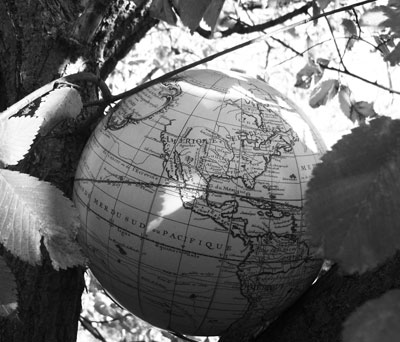All Nonfiction
- Bullying
- Books
- Academic
- Author Interviews
- Celebrity interviews
- College Articles
- College Essays
- Educator of the Year
- Heroes
- Interviews
- Memoir
- Personal Experience
- Sports
- Travel & Culture
All Opinions
- Bullying
- Current Events / Politics
- Discrimination
- Drugs / Alcohol / Smoking
- Entertainment / Celebrities
- Environment
- Love / Relationships
- Movies / Music / TV
- Pop Culture / Trends
- School / College
- Social Issues / Civics
- Spirituality / Religion
- Sports / Hobbies
All Hot Topics
- Bullying
- Community Service
- Environment
- Health
- Letters to the Editor
- Pride & Prejudice
- What Matters
- Back
Summer Guide
- Program Links
- Program Reviews
- Back
College Guide
- College Links
- College Reviews
- College Essays
- College Articles
- Back
The Human Paradox MAG
This summer I went to Europe: five countries, 16 days, 21 high school students, and three slightly terrified chaperones. The ideas that I took from it were far from basic. I originally went for the sights. As the trip progressed, I quickly realized that it is the people and the culture that make a place.
The people who captivated me most were the British. They are the epitome of acceptance while still being true to their culture. One example is the statues on the edge of every new building in downtown London. They are silhouettes of men, possessing a sense of uniformity while each is still unique. They symbolize what makes us human. They all stand alone but needn’t look far to see someone in the distance. To some they are a representation of history: a tribute to those who will forever remain in that position of honor. To others, they are simply humanity, completely separate and yet thoroughly intertwined: the human paradox.
I was affected also by the culture of Switzerland. Many joke that even the air is sweeter there, and while before I would have scoffed openly, I now agree. The Swiss are so accepting that they don’t have just one national language but four. If that isn’t diversity, I don’t know what is. The basis of many of their traditions is acceptance.
Ironically, I met many Americans while traveling overseas, and it was hard not to be affected by them. I was stunned that sometimes when they were surrounded by wonderful sights and places of historical significance, they would quickly dismiss these because they represented a different religion or other such nonsense. In England we went to an Indian restaurant, and I stared in disbelief at how Americans treated those they considered foreign. It is not because they were American that they acted this way, but because they were prejudiced, frightened, or closed-minded.
What did I learn from these observations? I made no deep, meaningful, life-changing choices, but I took a slow step in the direction of understanding life. Yes, there are many traditions, languages, and religions, but when those can simply be things rather than defining principles and methods of segregation, we can see humanity’s goodness in all its glory.
I realized that as separate and individual as we may want to be, like the statues, we all possess underlying commonalities. We are connected. We are of the same nature and can depend on one another. Those who are narrow-minded miss out and in the end are resented or resentful. I am truly comforted by the notion that even in the farthest reaches of the earth – when I was the most out my element – I was not alone nor will I ever be. Humanity surrounds, unites, and saves us all.

Similar Articles
JOIN THE DISCUSSION
This article has 1 comment.
